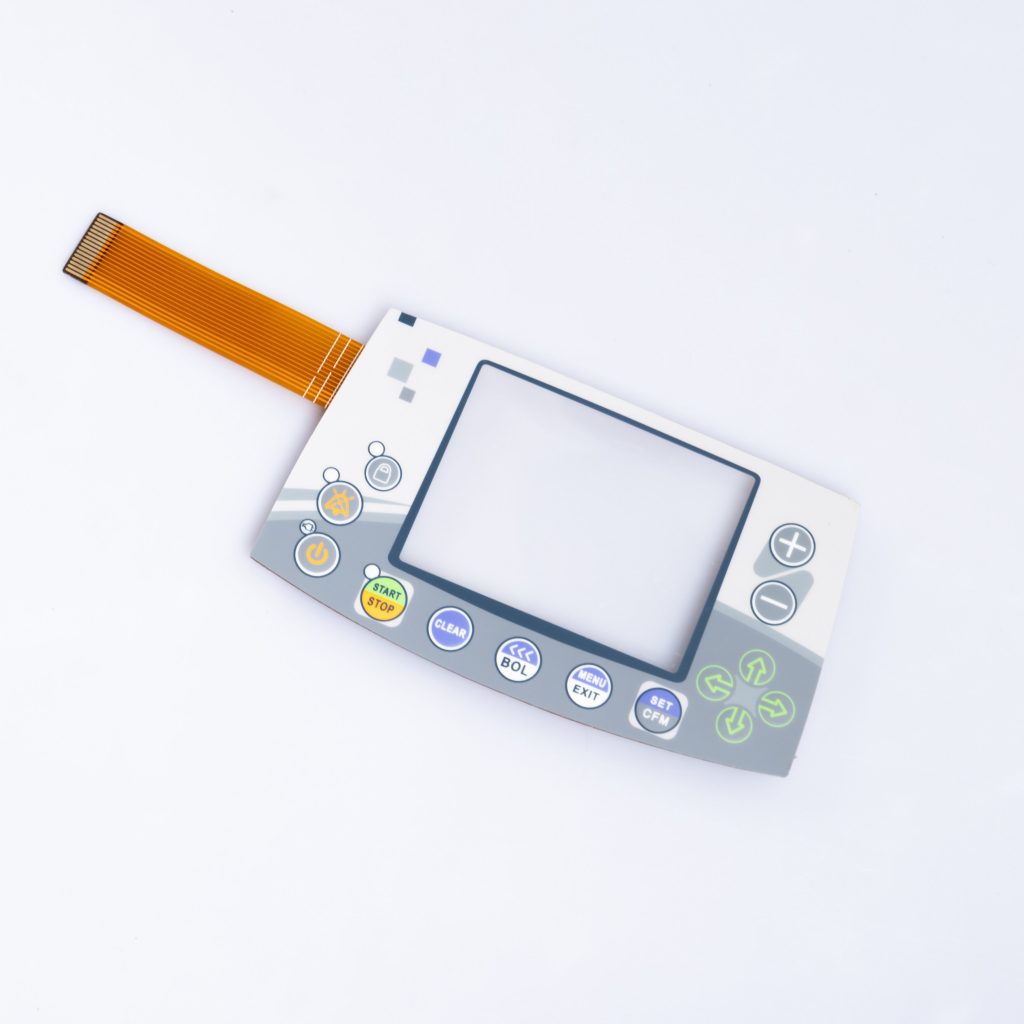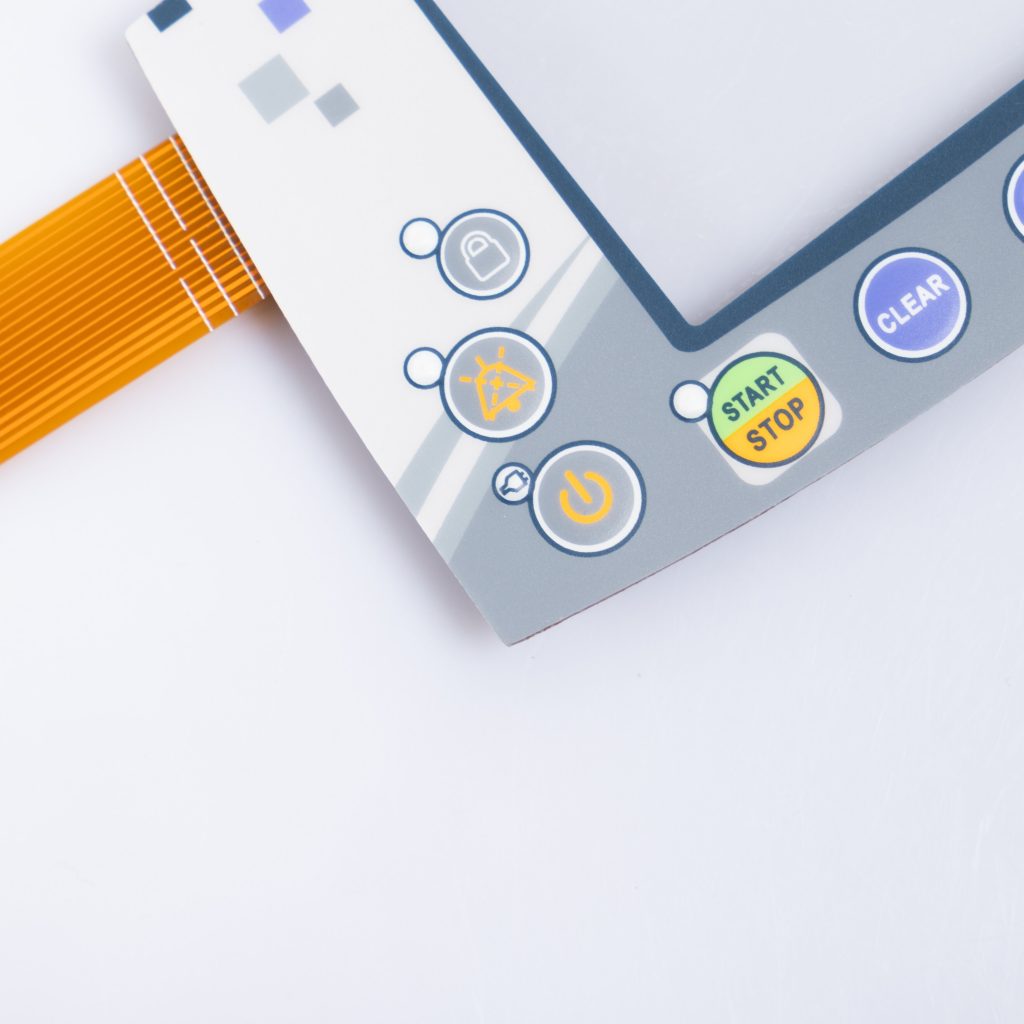Contact
Write to Us And We Would Be Happy to Advise You.
Do you have any questions, or would you like to speak directly with a representative?
By hqt
In the world of electronics and technology, membrane switches play a crucial role. These thin, flexible switches are commonly found in various electronic devices, from kitchen appliances to industrial machinery. However, one often overlooked factor that can significantly impact the performance of membrane switches is excessive heat. In this article, we will delve into the long-term effects of excessive heat on membrane switches and explore how it can affect their durability and functionality.



Before we dive into the effects of heat on membrane switches, let’s have a brief understanding of what membrane switches are and how they function.
Membrane switches are electrical switches that are made up of several layers of flexible materials. They consist of three main layers: a top graphic overlay, a middle adhesive spacer, and a bottom flexible circuit layer. These layers work together to create a momentary electrical contact when pressure is applied to the surface of the switch.
When a user presses a membrane switch, the top graphic overlay deforms and makes contact with the conductive traces on the flexible circuit layer beneath it. This contact completes an electrical circuit, sending a signal to the device, and triggering the desired function. Membrane switches are known for their simplicity, reliability, and cost-effectiveness.
Now that we have a basic understanding of membrane switches, let’s explore how excessive heat can affect them over the long term.
Excessive heat can be detrimental to the performance and lifespan of membrane switches. These switches are designed to function within a specific temperature range, and when exposed to temperatures beyond their tolerance, several problems can arise.
Membrane switches typically have a temperature tolerance range specified by their manufacturers. This range is usually between -40°C to 85°C (-40°F to 185°F). Operating them beyond this range can lead to various issues.
One of the primary long-term effects of excessive heat on membrane switches is a reduced lifespan. High temperatures can cause the adhesive layers within the switch to degrade, leading to delamination. This separation of layers can result in switch failure, requiring replacement or repair.
Excessive heat can also affect the tactile feedback of membrane switches. When the top graphic overlay becomes distorted due to heat, users may experience a loss of tactile response. This can make it challenging to operate the switch effectively.
Heat can cause the conductive traces on the flexible circuit layer to expand and contract. This expansion and contraction can result in electrical instability, leading to false triggering of the switch or intermittent connections.
The materials used in membrane switches, such as polyester and polycarbonate, can deteriorate when exposed to prolonged high temperatures. This can lead to a decrease in the switch’s overall performance and reliability.
To ensure the longevity and functionality of membrane switches, it’s essential to take precautions against excessive heat.
Proper heat management is crucial. If membrane switches are used in environments with elevated temperatures, consider implementing cooling solutions or heat shields to protect them from direct heat exposure.
Regular maintenance and inspections can help detect early signs of heat-related damage. Inspect the switches for any visible deformities, loss of tactile feedback, or erratic behavior.
Whenever possible, use membrane switches in temperature-controlled environments that fall within the specified temperature tolerance range. This will significantly extend their lifespan and reliability.
In conclusion, excessive heat can have detrimental long-term effects on membrane switches, including a reduced lifespan, loss of tactile feedback, electrical instability, and material degradation. To ensure the optimal performance and longevity of these switches, it’s essential to protect them from high temperatures, conduct regular maintenance, and use them in temperature-controlled environments.
Membrane switches typically have a wide temperature tolerance range, which includes both extremely cold and hot temperatures. However, extreme cold can also affect their performance, so it’s best to operate them within the specified range for optimal results.
Membrane switches are used in a wide range of industries, including medical devices, automotive, aerospace, consumer electronics, and industrial machinery, among others.
Yes, when cleaning membrane switches, it’s important to use mild, non-abrasive cleaning agents and avoid excessive moisture or liquids that could seep into the switch layers. Always follow the manufacturer’s cleaning guidelines.
In some cases, membrane switches can be repaired if the damage is not severe. However, it’s often more cost-effective to replace the switch, especially if it has experienced significant heat-related damage.
Yes, there are alternative switch technologies, such as capacitive or mechanical switches, that may offer better heat resistance in specific applications. It’s important to choose the right switch type based on the environmental conditions and requirements of the device or equipment.
Do you have any questions, or would you like to speak directly with a representative?